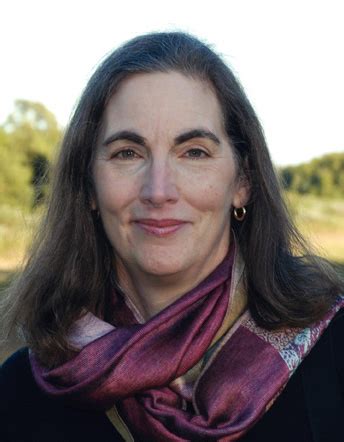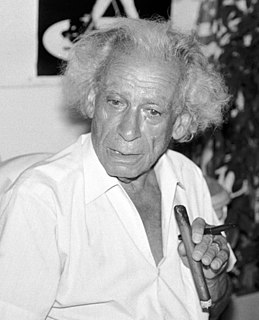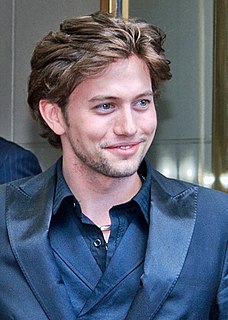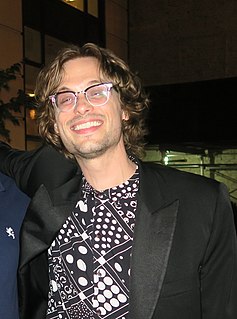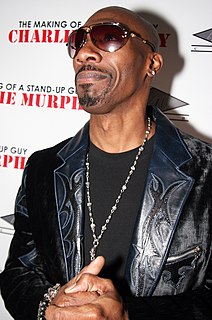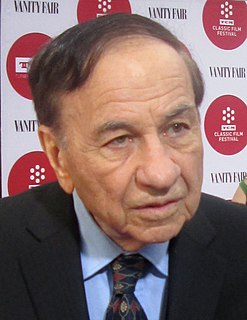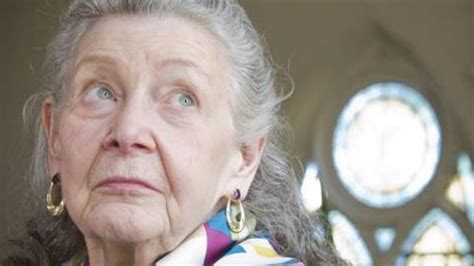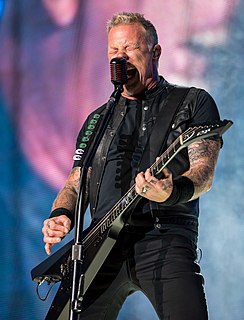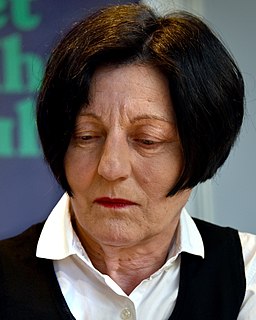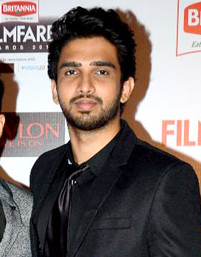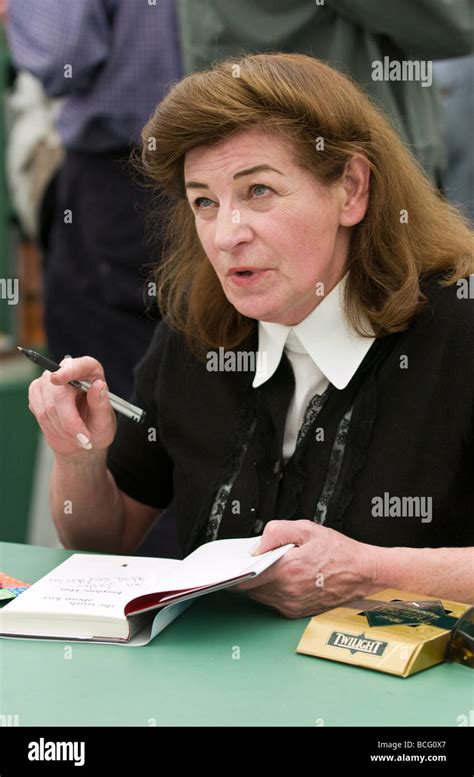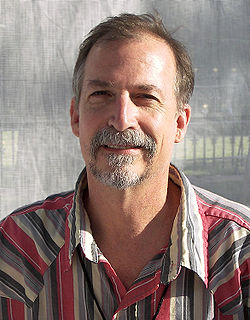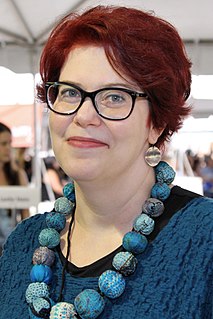Top 1200 Never Ending Story Quotes & Sayings - Page 19
Explore popular Never Ending Story quotes.
Last updated on April 21, 2025.
The old-fashioned idea of a good manager is one who is supposed to know all the answers, can solve every problem himself, and can give appropriate orders to his subordinates to carry out his plans... A good modern manager is like a good coach who leads and encourages his team in never-ending quality improvement.
I enjoy a third act, and I like stories with ending. A lot of my frustration with serialized storytelling is a lot of shows don't have a third act. They have an endless second act, and then they find out it's their last year and often have to hustle to invent a third act, but they were never necessarily organically meaning to begin with.
Technology adds nothing to art. Two thousand years ago, I could tell you a story, and at any point during the story I could stop, and ask, 'Now do you want the hero to be kidnapped, or not?' But that would, of course, have ruined the story. Part of the experience of being entertained is sitting back and plugging into someone else's vision.
October knew, of course, that the action of turning a page, of ending a chapter or of shutting a book, did not end a tale. Having admitted that, he would also avow that happy endings were never difficult to find: "It is simply a matter," he explained to April, "of finding a sunny place in a garden, where the light is golden and the grass is soft; somewhere to rest, to stop reading, and to be content.
A short story is confined to one mood, to which everything in the story pertains. Characters, setting, time, events, are all subject to the mood. And you can try more ephemeral, more fleeting things in a story - you can work more by suggestion - than in a novel. Less is resolved, more is suggested, perhaps.
There are people who can walk away from you... let them walk. I don't want you to try to talk another person into staying with you, loving you, calling you, caring about you, coming to see you, staying attached to you... Your destiny is never tied to anybody that left. And it doesn't mean that they are a bad person, it just means that their part in the story is over. And you've got to know when people's part in your story is over.
Artists are not helper monkeys; they’re not in it to visualize 'your' story, because it stopped being 'your' story the moment you engaged in a collaborative medium. From here on in, it’s also the artist’s story, and if you’re working with an illustrator who’s any good at all, you as a writer have to tamp down any control-freak tendencies you suffer under and relax into the process.
I think the beauty of documentary work is that it's a mystery - you never know where it's going to lead you. You start out with some notion of it, but it's very different from a script. A script you write, you shoot against, and you know what the story is going to be. There's always the element of surprise, but the surprise comes from performance, from something that's improvised, it comes from someone who sees it inside an already determined framework. In documentary, it's never determined. It's never the same, and affords enormous possibility.
Some people ask why we don't just wait until we have the whole story before posting. The fact is that we sometimes can't get to the end story without going through this process... When a story is up and posted, it's amazing how many people come out of the woodwork to give us additional information... And readers love it.
When I was making these damned pictures, I never knew about film noir. If you had asked me about it then, I probably would have pointed to something like Bill Wellman's The Ox Bow Incident, the best Western I ever saw and very much in the style of film noir I don't care if it's a mystery story, a Western, or the story of Julius Caesar. To me it's the emotion, the lies, the double-cross that defines what kind of drama it is.
I live for art. I love entertaining people, making them smile and think. I love to know that a little piece of what they see, read or what they listen to is something that they can think about or see the world in a different way. Art is never-ending and I’d like to leave something that survives me when I’ll die.
If you just do a Google search and type in 'smoking' or 'lung cancer', you will be barraged with never ending facts and numbers, like how one in every three Americans is affected by lung disease and how COPD is the third leading cause of death and if you get lung cancer the odds are 95% that you will die.
Of the total creative effort represented in a finished work, 75 percent or more of a writer's labor goes into designing the story designing story tests the maturity and insight of the writer, his knowledge of society, nature, and the human heart. Story demands both vivid imagination and powerful analytic thought.
The book works better if I know everything I can about the ending. Not just what happens, but how it happens and what the language is; not just the last sentence, but enough of the sentences surrounding that last sentence to know what the tone of voice is. I imagined it as something almost musical. Then you are writing toward something; you know the sound of your voice at the end of the story. That's how you want to sound in those final sentences: the degree that it is uplifting or not, the degree that it is melancholic or not.
Words are alive--when I've found a story that I love, I read it again and again, like playing a favorite song over and over. Reading isn't passive--I enter the story with the characters, breathe their air, feel their frustrations, scream at them to stop when they're about to do something stupid, cry with them, laugh with them. Reading for me, is spending time with a friend. A book is a friend. You can never have too many.
This too is a jihad. Yet we Americans find ourselves in the dangerous position of going to war not against a state but against a phantom. The jihad we have embarked upon is targeting an elusive and protean enemy. The battle we have begun is never-ending. But it may be too late to wind back the heady rhetoric. We have embarked on a campaign as quixotic as the one mounted to destroy us.
If, however, you have richer pursuits in mind and know that no woman should be judged by how she looks - that everything she brings to the party is more important than the size of her arse - then refuse to be sucked into the never ending whirligig of self-doubting, self-hating madness that is stop-start dieting and crazy new exercise regimes.
Climb the steep Cold Mountain way Roads to Cold Mountain are many and never ending The valleys are long and deep, the peaks piled high The streams are wide, the grass is thick The moss is slippery though there is no rain The pines sigh though there is no wind Who can escape the snares of the world And come to sit with me among the white clouds?
All that is, was, and will be. Universe much too big to see. Time and space never ending, disturbing thoughts, questions pending. Limitations of human understanding. Too quick to criticize, obligation to survive, we hunger to be alive. All that is, ever, ever was, will be ever twisting, turning, Through The Never. In the dark, see past our eyes. Pursuit of truth, no matter where it lies. Gazing up to the breeze of the heavens, on a quest, meaning, reason. Come to be, how it begun. All alone in the family of the sun, curiosity teasing everyone. On our home, third stone from the sun.
A major boom in real stock prices in the US after Black Tuesday brought them halfway back to 1929 levels by 1930. This was followed by a second crash, another boom from 1932 to 1937, and a third crash. Speculative bubbles do not end like a short story, novel, or play. There is no final denouement that brings all the strands of a narrative into an impressive final conclusion. In the real world, we never know when the story is over.
America has this fascination with glorifying the villain and not talking about the trials and tribulations. We tell the story of the successful villain a lot of times, but we don't tell the story of the people who don't come out so successful, and we don't tell the story of all the bystanders of that choice.
What can be said about chronic hunger. Perhaps that there's a hunger that can make you sick with hunger. That it comes in addition to the hunger you already feel. That there is a hunger which is always new, which grows insatiably, which pounces on the never-ending old hunger that already took such effort to tame. How can you face the world if all you can say about yourself is that you're hungry.
Sleep would be so welcome. A warm blanket of black to erase everything else. Sleep without dreams. I've heard people talk about the sleep of the dead. Is that what death would feel like? The nicest, warmest, heaviest never-ending nap? If that's what it's like, I wouldn't mind. If that's what dying is like, I wouldn't mind that at all.
I didn't know how story worked. So, when writing the screenplay, people introduced me to the science of it. And I'm grateful. I'll probably use that information for the rest of my career, in terms of writing novels or writing stories. And then, of course, to help me live a better story, a more meaningful story
If you're gonna tell a story from beginning to end, I always think you have to have a great structure in a script. If it gets you excited and it's something you've never read before that's another plus. I think also with improv and that whole world of stand-up, that's a whole other organism of comedy that still needs a story, but it's more free-form. On the set, it is the combination of both those worlds coming together: a great script and an allowance to play with it.
I made the rules I figured I could be the one to break them. I thought I would write about xenophobia, a hatred of foreigners. After I stated writing the story there was not a foreigner to be had. I did not want to just stick one in there so I could get a title out of it since it seemed like cheating. I never figured out how I could get out of this dilemma so I just called it X and weaved X traits into the story.
Memoirists, unlike fiction writers, do not really want to 'tell a story.' They want to tell it all - the all of personal experience, of consciousness itself. That includes a story, but also the whole expanding universe of sensation and thought ... Memoirists wish to tell their mind. Not their story.
We say that life is sweet, its satisfactions deep. All this we say, as we sleepwalk our time through years of days and nights. We let time cascade over us like a waterfall, believing it to be never-ending. Yet each day that touches us, and every man in the world, is unique; irredeemable; over. And just another Monday.
Patience has the meaning of testing-a thing drawn out and tested, drawn out to the last strand in a strain without breaking, and ending in sheer joy. The strain on a violin string when stretched to the uttermost gives it its strength; and the stronger the strain, the finer is the sound of our life for God, and He never strains more than we are able to bear.
When we're in the story, when we're part of it, we can't know the outcome. It's only later that we think we can see what the story was. But do we ever really know? And does anybody else, perhaps, coming along a little later, does anybody else really care? ... History is written by the survivors, but what is that history? That's the point I was trying to make just now. We don't know what the story is when we're in it, and even after we tell it we're not sure. Because the story doesn't end.












